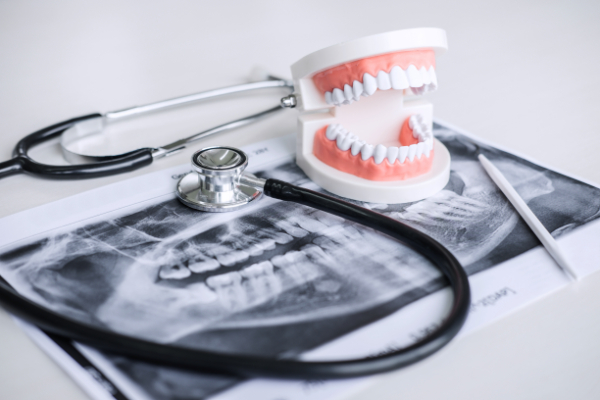What To Expect Before Getting Maxillofacial Surgery

If you are nervous about having maxillofacial surgery, you are not alone. Many people would rather avoid it. However, sometimes it is vital for your oral health. In addition, this type of surgery can improve your appearance, oral function, and quality of life. Therefore, getting past any anxiety surrounding maxillofacial surgery is crucial to getting the necessary care.
This article gives an overview of what to expect before getting maxillofacial surgery. We would like to advise you on preparing for this kind of surgery and what to expect. We hope this will make you feel more comfortable going into this experience.
About oral and maxillofacial surgery
Oral and maxillofacial surgeons undergo extra training and education beyond that of a dentist — some up to six years or more. Some even receive medical degrees. They study and train in mouth, jaw, and face surgeries, treating complex tooth extraction cases, correcting congenital defects, and other maxillofacial procedures. In addition, an oral surgeon trains extensively in keeping the patient safe and comfortable during these procedures.
The consultation
Proper preparation for surgery is a crucial part of its success, and an oral surgeon starts helping the patient prepare for a successful procedure at the consultation. During this appointment, the surgeon will examine the patient’s maxillofacial region and advise them on their condition. The practitioner will also order necessary tests, such as X-rays and scans, to help diagnose the patient’s condition and make treatment recommendations. In addition, the surgeon will take a thorough medical history of the patient, including any medications and past surgeries.
Preparing for surgery
The information gained during the consultation will help the oral surgeon craft the treatment plan that is safest and most effective for the patient. Preparation for the procedure differs by patient, but some general instructions apply to most patients. For example, the patient may need to discontinue certain medications and avoid smoking and alcohol. In addition, the patient may need to fast up to 12 hours before the procedure, depending on the anesthesia or sedation used.
The patient will receive comprehensive advice on how to get ready for the procedure and the recovery period. This advice will include what to wear (usually loose-fitting clothing), how to handle one’s medications, what to eat, and activities to avoid. The surgeon will advise the patient on how long to expect the recovery process to take and what side effects to watch for. The practitioner will make dietary recommendations for the recovery period (usually soft food) and advise the patient on handling oral hygiene. It is a good idea to arrange a ride to and from the procedure, especially if the patient is going to undergo sedation.
Talk to an oral and maxillofacial surgeon for more specifics
Maxillofacial surgery may seem intimidating, but with our team, you are in good hands. We can provide the treatment you need to improve your oral health, form, and function. Our skilled team will keep you informed and comfortable every step of the way. Call our team today for more information.
Request an appointment here: https://stratford.premieroralsurgeryct.com or call Premier Oral Surgery & Implantology Center at (203) 760-0190.
Check out what others are saying about our services on Yelp: Read our Yelp reviews.
Related Posts
Impacted teeth are a common dental condition where a tooth fails to fully erupt into its proper position in the mouth. This can occur due to crowding, abnormal growth angles, or obstruction by other teeth. Oral surgery, performed by specially trained oral surgeons, plays a critical role in managing impacted teeth, especially when complications arise…
An apicoectomy helps save a tooth when root canal treatment alone cannot resolve infection, and many patients wonder how long it takes to heal after an apicoectomy. Clear expectations about recovery reduce anxiety and support better outcomes. An endodontist reviews the procedure, provides aftercare instructions, and tailors the plan to each patient so the tooth,…
A single tooth implant can replace a natural tooth with a titanium rod and an artificial crown. It is custom-fit to fill the dental space after losing a tooth. Knowing more about this dental replacement can help you prepare for your next visit. Here are the details on how a single tooth implant can enhance…
A sinus lift procedure goes by many other names, including sinus elevation, sinus augmentation, and sinus graft. It can be an important step in the process of having a dental implant placed in the upper jaw to replace a missing tooth. The procedure involves raising the floor of one of the maxillary sinuses and filling…
